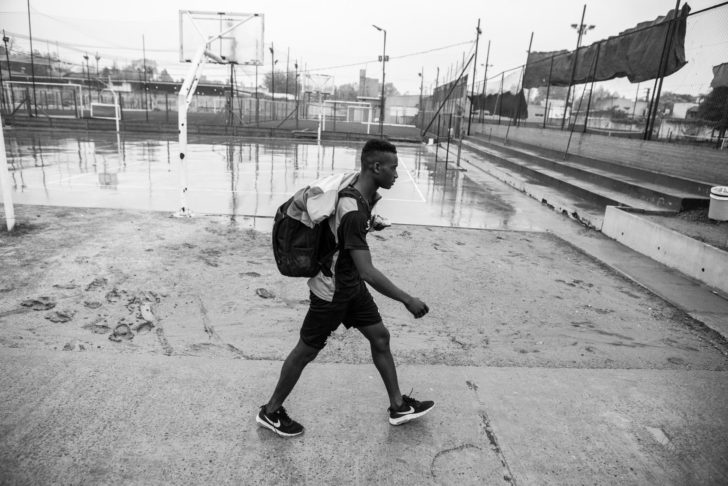comunicado conjunto
In the last week, the provinces of Jujuy and Chubut toughened their migratory policies and adopted measures that violate the right to equality and non-discrimination of the migrant population. In Jujuy, a new law establishes a mechanism for charging migrants for health services while they reside there temporarily. In Chubut, the government signed a decree that provides for the expulsion of all migrants who have criminal records.
These regulatory changes occur in a context of enormous backsliding on the migratory policies that are being implemented in the country and that restrict migrants’ rights, such as the 2017 modification of the national Migrations Law by emergency decree. These decisions are frequently based on false or distorted information that seeks to associate migration with criminality and draws strength from the discriminatory discourses of some public officials.
This troubling shift in Argentine migratory policy has led to extreme cases that include the separation of children from their families. Such is the case of the expulsion, on Monday, February 4, of the Peruvian citizen Vanessa Gómez Cueva along with her two-year-old Argentine son. Vanessa was obligated to leave the country where she lived for more than 15 years, without being able to say goodbye to her two other Argentine-born children, ages 5 and 14. Her expulsion process began in 2015, after she finished serving a prison sentence for having sold narcotics. After serving the sentence, she sought to reinsert herself in Argentina and she obtained a nursing degree. Despite the diverse legal filings presented in her defense, on February 1, the police went to her home claiming that she had to accompany them to “sign a notification.” Vanessa took her youngest child with her and left the other two at home. She was placed in a cell without electricity or water and then taken directly to Ezeiza airport. On the afternoon of Monday, February 4, she was expelled from the country along with her youngest child, and she does not know when she will see her older children again.
In light of this situation, a group of organizations made a formal submission to the Inter-American Commission on Human Rights (IACHR) to inform it of these developments. The text indicates that these measures are not only contrary to the Argentine Constitution and the national Migrations Law, but they also fail to comply with the state’s international obligations and weaken the rights of migrants.
The Argentine state must repeal the Decree of Necessity and Urgency 70/2017 and implement the administrative and political measures needed for the equal rights of migrants, the right to family life, family unity and a child’s best interest to be guaranteed in our country. The discourses that associate migration with crime or seek to blame the shortcomings in our health systems on the presence of foreigners do nothing more than spread falsehoods, reaffirm prejudices, incentivize violence and discrimination, and forge a society with fewer rights for everyone.
Amnistía Internacional
Abogados y abogadas del Noroeste argentino en Derechos Humanos y Estudios Sociales (ANDHES)
Asociación Civil CineMigrante
Centro de Estudios Legales y Sociales (CELS)
Centro por la Justicia y el Derecho Internacional (CEJIL)
Colectivo para La Diversidad (COPADI)
Comisión Argentina para Refugiados y Migrantes (CAREF)
Equipo de Investigación en Antropología y Migración (ICA, UBA)
Equipo Migraciones del Centro de Innovación y Desarrollo para la Acción Comunitaria (SEUBE-FFyL-UBA)
Instituto Argentino para la Igualdad, Diversidad e Integración (IARPIDI)
Instituto de Investigaciones Gino Germani de la Facultad de Ciencias Sociales de la UBA
Migrantes x Migrantes
Observatorio de Adolescentes y Jóvenes del Instituto de Investigaciones Gino Germani
Red Nacional de Líderes Migrantes en Argentina
Universidad Nacional de Lanús (UNLa)
Photo: Revista Cítrica

